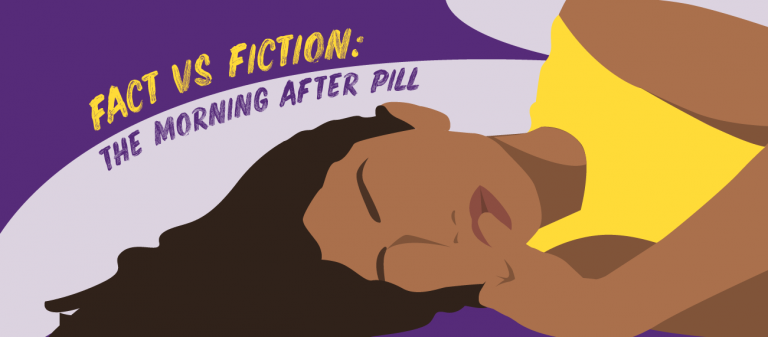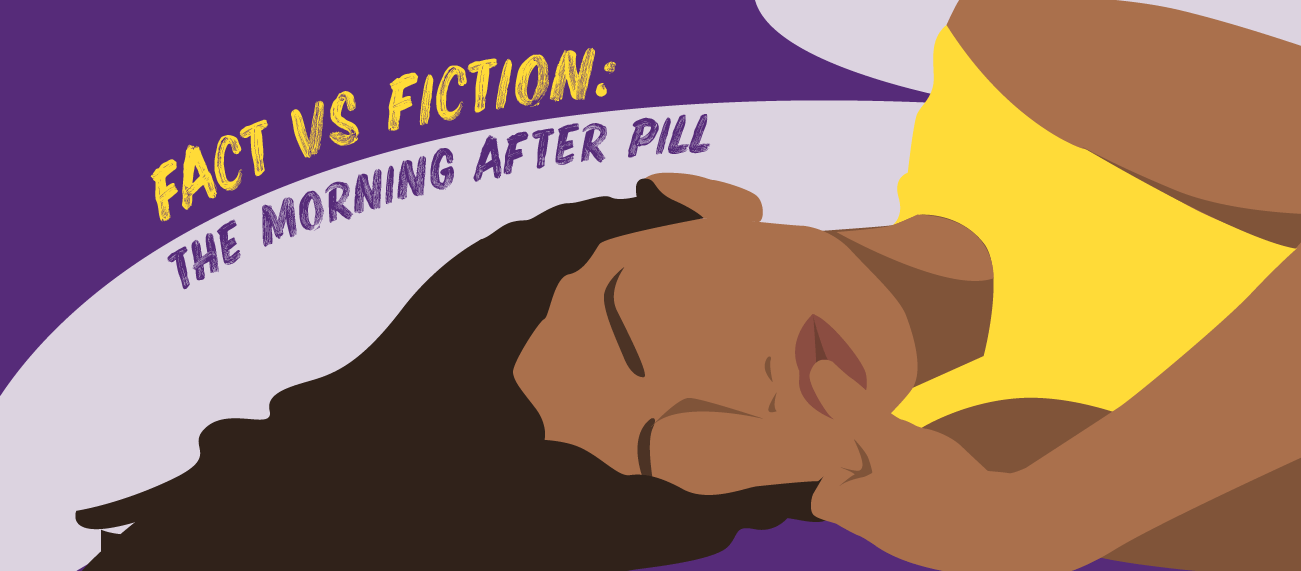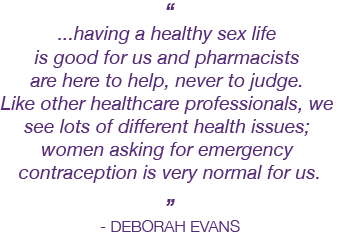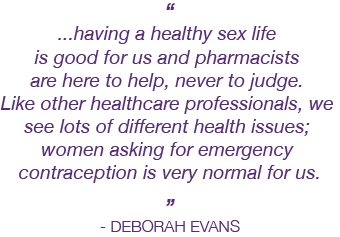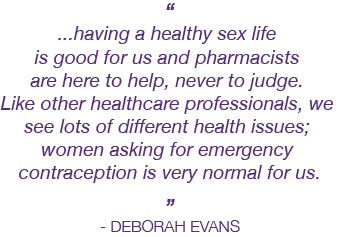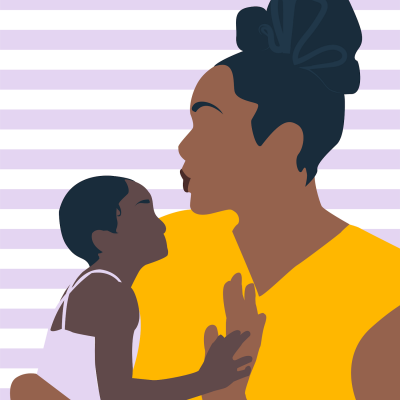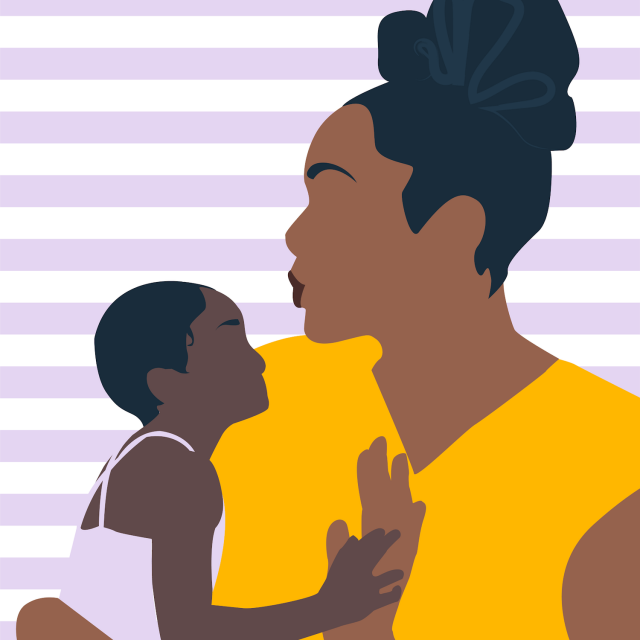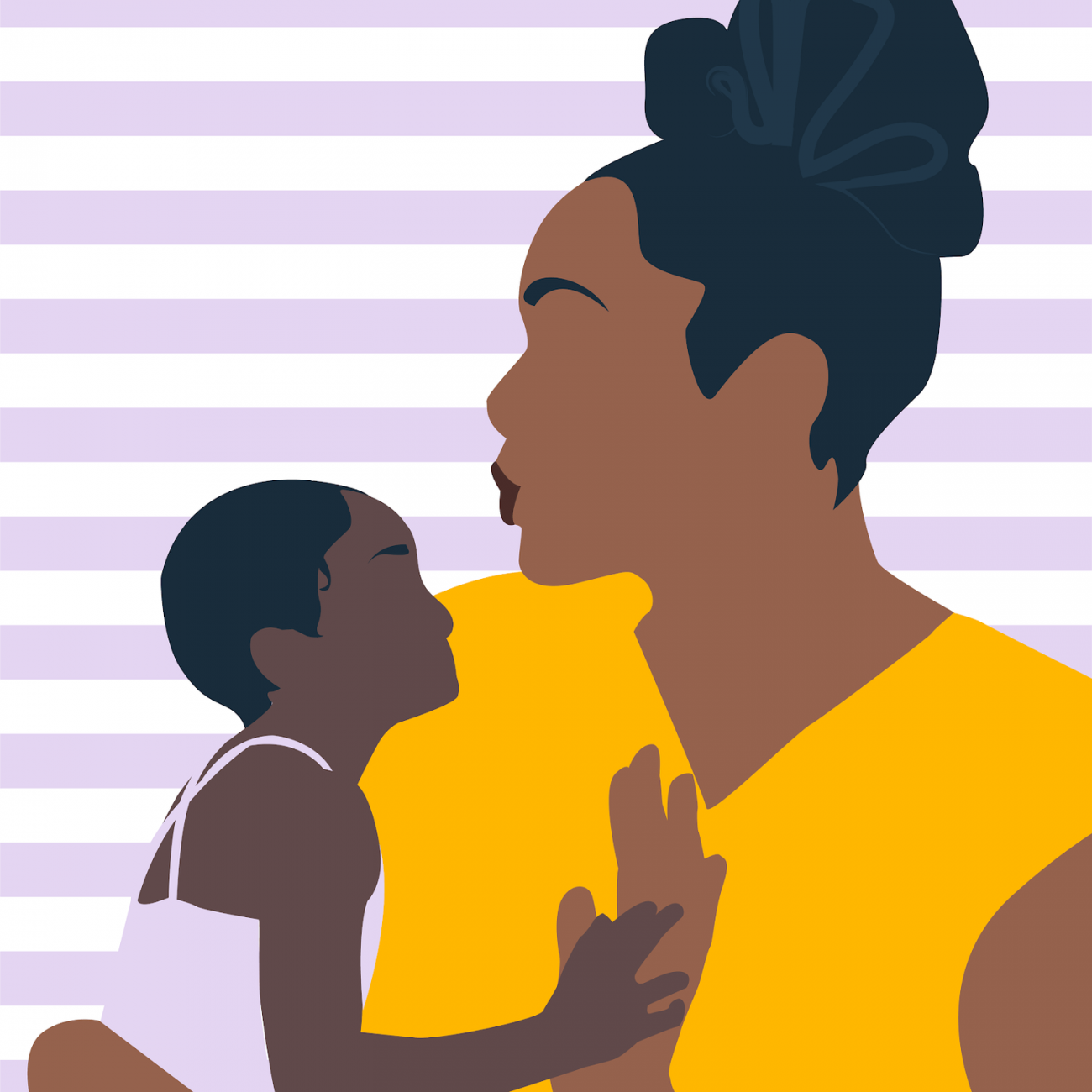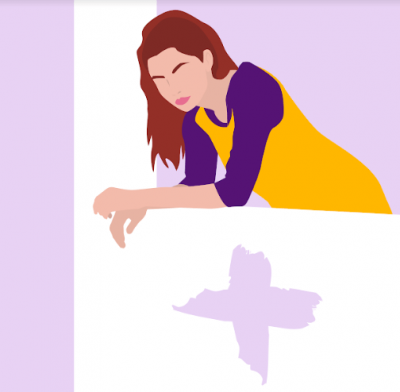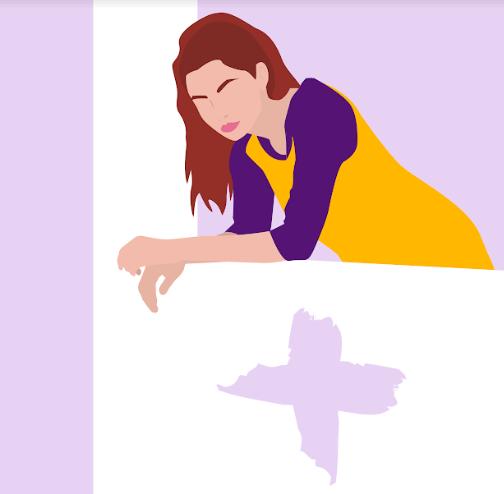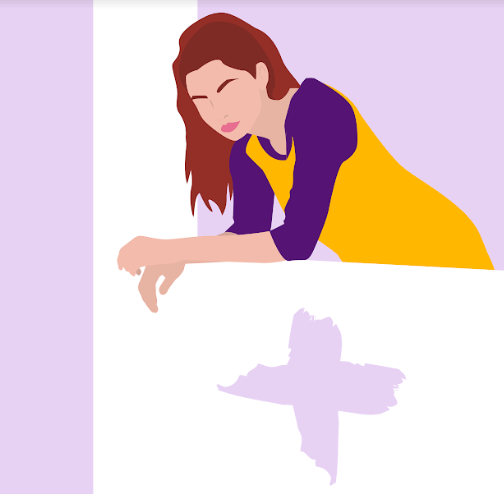OK, cards on the table. We know the drill – something didn’t go according to plan the night before and you need the morning after pill
OK, cards on the table. We know the drill – something didn’t go according to plan the night before and you decide to take the morning after pill.
Shock, horror – people have sex, and sometimes even with the best of intentions, we find ourselves in need of emergency contraception.
In HRA’s 2021 survey of 1040 female, trans men and non binary people, 59% had experienced a contraceptive failure and 74% had taken the morning after pill afterwards. They also found that 48% have taken the morning after pill two to five times in their lives.
Sadly, 47% also reported feeling judged for taking the morning after pill. Why is this the case? Accidents happen, and people with uteruses have every right to try and prevent unplanned pregnancy if they find themselves in that situation. It’s 2022, and judging people for having sex and making decisions about their bodies shouldn’t be a thing.
“It’s understandable that anyone might feel worried about sharing something as personal as details about sex,” pharmacist Deborah Evans* explains. “but having a healthy sex life is good for us and pharmacists are here to help, never to judge. Like other healthcare professionals, we see lots of different health issues; women asking for emergency contraception is very normal for us.”
“There are many reasons people come to us and ask for the morning after pill: condom split, he didn’t pull out in time, you missed your regular pill or you didn’t use any contraception at all. These things happen and there is nothing to be embarrassed about.”
*Deborah Evans does not endorse any products or brands.
One of the biggest barriers to women feeling confident about asking for the morning-after pill is misunderstanding how it works. The same survey found that whilst 61% said they thought they knew how the morning after pill worked, 64% also said that they thought hormonal emergency contraception worked by stopping a fertilised egg from implanting. Only 21% said they thought it worked by delaying ovulation.
Emergency contraception has for too long been the subject of rumours, myths and blatant untruths. We asked Deborah to put some popular rumours to bed (excuse the pun).
Myth Number 1: Taking the morning after pill is the same as having an abortion
Although you take it after having unprotected sex, the morning after pill is still a preventative method.
“Is it an abortion pill? No, absolutely not,” says Deborah Evans. “The morning after pill works by inhibiting ovulation (egg release), so if we can stop the egg being there, the sperm who are hanging on waiting to fertilise an egg die off before the egg arrives, and a possible pregnancy is prevented. If you are already pregnant, however, then the morning after pill won’t interrupt your pregnancy.”
Myth number 2: The morning after pill will affect your fertility
In a 2019 survey by HRA, 40% of 1027 18-35-year-olds said they believe the morning after pill can make you infertile if you use it too many times. There is no evidence that suggests this to be the case.
“There is no evidence that taking the morning after pill will have any effect on your future fertility,” says Deborah Evans. “In fact, your fertility returns so quickly that we recommend using a barrier method of contraception (such as a condom or a diaphragm) until you have your next period.”
Myth number 3: The horrible side-effects aren’t worth it
One misconception about oral emergency contraception is that the morning after pill will always cause nasty side effects.
“The morning after pill affects ovulation, which means your next period might be early or late – but after that your cycles should return to normal,” says Deborah Evans. “In general, the morning after pill is well tolerated by many women. Talk to your pharmacist about anything you’re worried about, including how to manage any potential side effects.”
Myth number 4: You have to take it the morning after
HRA’S 2021 survey found that 28% thought you could only take the morning after pill within 24 hours, and only 7% said you could take it up to five days after unprotected sex. ellaOne® can be effective up to 120 hours (five days) after you have unprotected sex, whereas levonorgestrel can be effective up to 72 hours (3 days). However, the morning after pill will be more effective the sooner you take it – so don’t delay.
“The morning after pill is more effective the sooner you take it, but please don’t panic if you can’t get to the pharmacy straight away,” says Deborah Evans. “It’s much more sensible to seek emergency contraception than to leave things up to chance! Also, you don’t have to wait until morning – if you have sex in the afternoon and a mishap happens then pop to a pharmacy and take it as soon as you can.”
Myth number 5: You need a prescription for emergency contraception
It’s true that prescriptions were once needed for the morning after pill, but not any more; nowadays you can get it over the counter in a pharmacy.
You can even buy it online and collect it in many local pharmacies later that same day. For more information on how to buy the morning after pill, check out our website.
“In my pharmacy, women who need the morning after pill come to the counter and ask the healthcare assistant,” says Deborah Evans. “They discreetly tell me and I invite the woman to our private consultation room where we have a chat to discuss her options and to check if the morning after pill is right for her. I listen to any concerns and questions she might have in order to reassure her.
“You can purchase the morning after pill online for collection later on at a pharmacy; you answer a few questions and select a pharmacy for your pill to be delivered to. If you had to go to work ‘the morning after’, for example, you could order it from your desk and pick it up on your way home.
“My advice to anyone getting the morning after pill is not to worry or be embarrassed. Ask all your questions. There truly are no stupid questions when it comes to understanding how your body – and especially your reproductive system – works. It’s all part and parcel of being a confident and sexually active person.”
We’re glad that so many of you are coming forward with your #MyMorningAfter stories and agreeing that it is time to stand up and speak out, not be shamed into silence.
If you want to help us break the stigma, consider sharing your story below.
ellaOne® 30mg film-coated tablet contains ulipristal acetate and is indicated for emergency contraception within 120 hours (5 days) of unprotected sexual intercourse or contraceptive failure.
